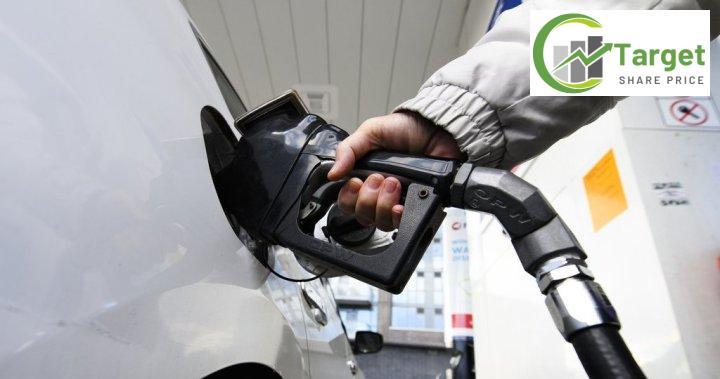Starting April 1, 2024, Canadians are expected to notice significant changes at the gas pump with the end of the federal consumer carbon price. This decision is likely to lower gas prices across the nation, providing some relief to drivers and families who rely on fuel for their daily travels. Let’s explore what this means for everyone filling their tanks.
As the Federal Consumer Carbon Price Ends on April 1
The federal government is removing the consumer carbon price, which is a tax designed to discourage the use of fossil fuels. According to experts, this is expected to lead to a drop in gasoline prices by about 15 to 16 cents per litre, while diesel prices might decrease by around 20 cents per litre. While this sounds promising, the changes will take effect at different times at each gas station, so some consumers might not see these new prices immediately.
How Much Will You Save?
With the tax removal, drivers could save about $6 a week, which adds up to approximately $300 over a year! This could be a welcome relief for families as they plan their groceries, trips, or summer vacations. However, it’s essential to keep in mind that there are other factors affecting fuel prices, including the rising cost of crude oil, which might slightly offset these savings.
Gas Prices to Drop in Maritimes, but Will It Last?
In Nova Scotia, residents experienced a notable decrease in fuel costs as well. Gas prices plummeted by 17.4 cents per litre, bringing the average price down to about $1.46 per litre. Similarly, diesel prices fell by 19.8 cents per litre following the end of the provincial carbon tax and a reduction in the Harmonized Sales Tax (HST) to 14%. However, some worry that these lower prices may not stick around for long as demand may rise during the summer months.
The Canada Carbon Rebate Program
While consumers are celebrating lower prices, it’s important to be aware that the Canada Carbon Rebate program will also come to an end in April. This rebate was designed to help households manage the costs associated with the carbon tax, so its removal might lessen some of the positive impact of the lower gas prices. This program provided essential support for many families trying to cope with rising living costs, and its absence could be felt at a time when everyone is closely watching their budgets.
What Experts Are Saying
Patrick De Haan, an expert from GasBuddy.com, believes that gas prices may continue to decrease throughout the year due to the carbon tax changes. However, economist Moshe Lander has pointed out that while people might rejoice over lower prices, there is still a possibility of a net loss when considering the broader economic impacts and the end of the rebate program. Balancing personal savings with overall economic trends can be tricky.
What to Expect Going Forward
| Type of Fuel | Price Drop (Cents per Litre) | Average Price After Drop |
|---|---|---|
| Gasoline | 15-16 | ~$1.55 |
| Diesel | 20 | ~$1.75 |
Even though the excitement around lower gas prices is palpable, the future can be uncertain. With the warmer weather approaching, gasoline demand typically increases as families prepare for road trips and vacations. This seasonal demand may push prices back up, so it will be interesting to see how the market adjusts.
As Canadians fill their tanks this spring, many will be looking for relief at the pump, making the end of the carbon tax a noteworthy landmark. Keeping an eye on fuel prices and how they are impacted by both market trends and government policies will be essential for families budgeting for their summer plans. For now, it seems that drivers will enjoy a brief moment of lower costs, as they make their way into the warmer months.

